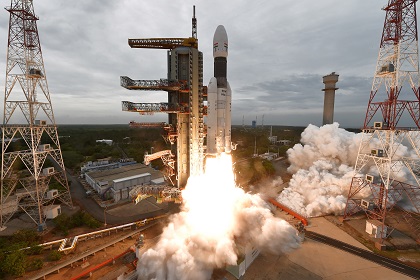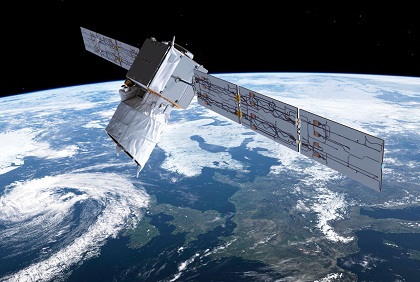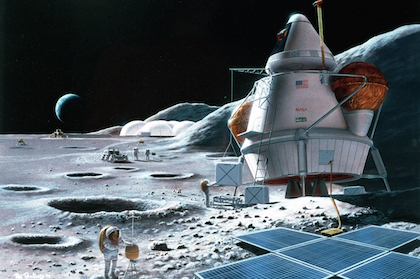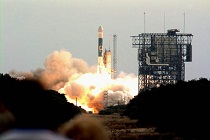India needs space weather preparedness
As the density of satellites increases in Earth's orbit, extreme space weather events like solar storms and radiation whiplashes threaten satellite constellations. A ‘whole-of-government’ approach is needed to address the challenges of space weather on India’s converging space and digital economies.








